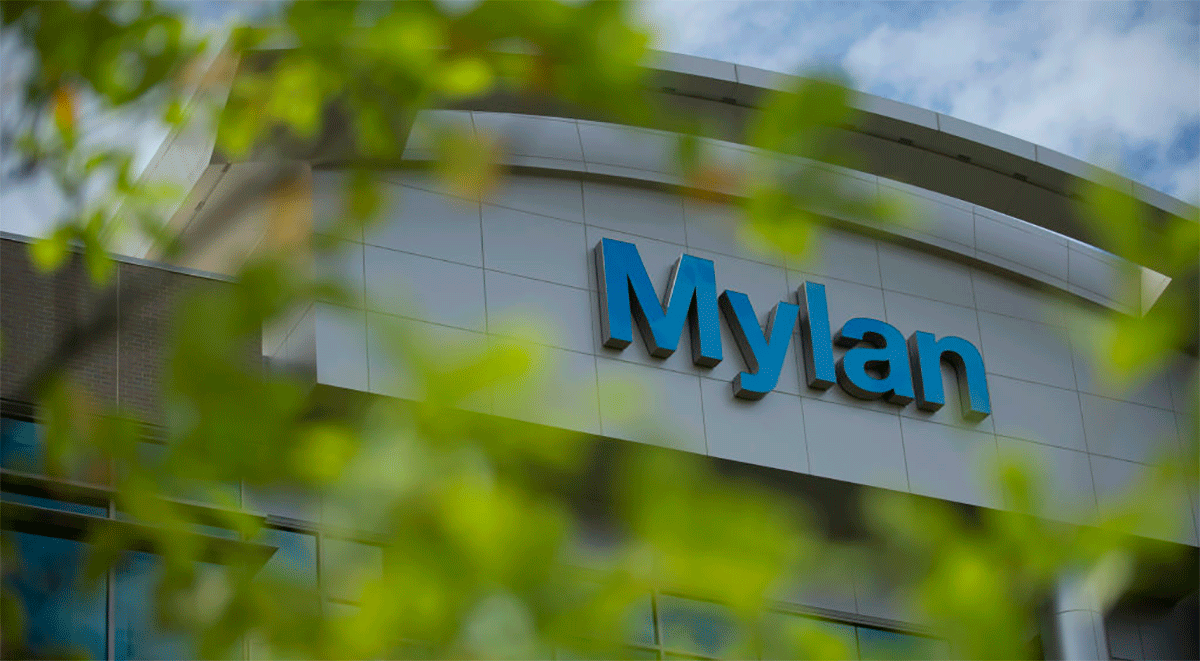Pharmaceutical company Mylan has been facing some hard questions about its price gouging over the last few years, as it has raised the price of its EpiPen (a device used for people suffering severe allergic reactions) by some 500%. CEO Heather Bresch was grilled last week by Illinois Representative Tammy Duckworth over the product’s exorbitant price tag and the company’s marketing practices. It turns out that individual patients aren’t the only ones who have been getting screwed. Now, Mylan is facing another investigation over how it has been overcharging government health care programs for the EpiPen.
For the past year, Mylan has been attempting to stop rival Teva from coming out with a generic version of the EpiPen. In the face of widespread outrage among the public and politicians alike, Mylan announced it would start production of its own generic version of the life-saving medication. But here’s the rub: when it comes to Medicaid patients, the company has long claimed the EpiPen to be a “non-innovator” drug.
In case you aren’t familiar with the term, a “non-innovator” drug is one that is available from multiple sources in generic form, as opposed to a “brand name drug.” It is a medication that is not being marketed under a new drug application.
Why is this important? It affects the rebates that pharmaceutical companies must pay to state Medicaid programs. If the drug in question is a “brand name,” or “innovator” drug, that rebate is just over 23%. On the other hand, the rebate on a “non-innovator” drug in only 13%. What that means for Mylan is in essence higher profits – at the expense of U.S. taxpayers. Otherwise, as an “innovative,” branded drug, Mylan would have to hand more of those profits to Medicaid.
It’s also worth noting that when it comes to those branded medications, it is also We, The People who pick up the tab for research and development. So in essence, if the allegations are true, Mylan has been double-dipping into the public coffers.
This is what three U.S. Senators are demanding to know. In a letter addressed to U.S. Attorney General Loretta Lynch, Senators Earl Blumenauer (D-OR), Chuck Grassley (R-NB) and Amy Klobuchar (I-MN) are calling for an investigation by the Department of Justice into to just how Mylan’s EpiPen wound up on that “non-innovative” list. Currently, the state of West Virginia is investigating Mylan for Medicare fraud.
The timing is significant. Had EpiPens been correctly classified as “innovative” drugs, Mylan would have been on the hook for millions in rebates to Medicare because of its steep price increases. It is interesting that the EpiPen was on the “non-innovative” list at the same time the company began its price-gouging.
Some experts in the field of patent and health care law believe that Mylan’s product is actually a combination of older medications, and therefore could legitimately be classified as non-innovative and multiple source. Not so, according to the Centers for Medicare and Medicaid Services. According to them, the EpiPen was FDA-approved as a new drug and is still under patent protection. Furthermore, there are no generic equivalents available on the current market. Mylan has been making certain of that. There was only one competing product – the Auvi-Q from Sanofi. That has now been discontinued, but while it was available, it was classified as an “innovator” product.

